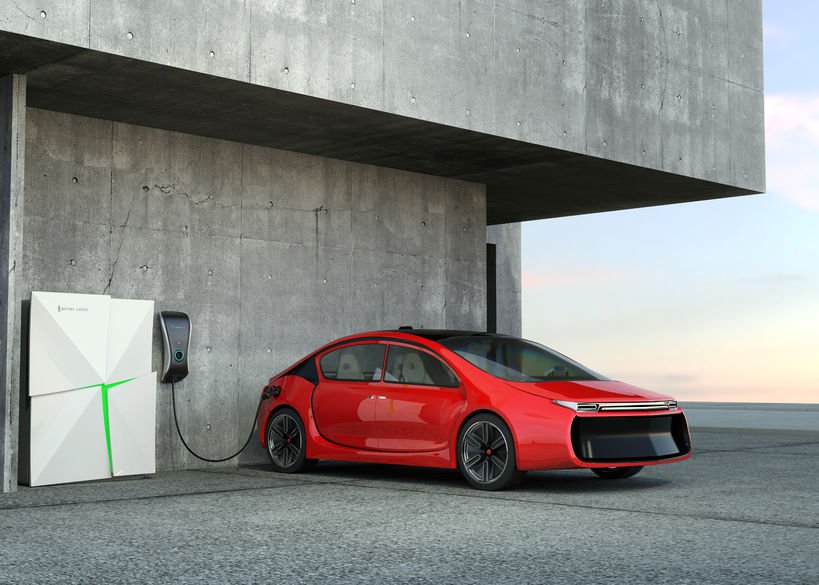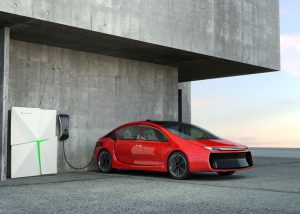Alternative fuel strategies are dominating the fleet agenda, with electric vehicles (EVs) being adopted in ever greater numbers.
But, with record electric registrations in the UK and across Europe, the fleet and leasing industry is keeping a close eye on whether supply can continue to meet demand.
“The big challenge for all leasing companies and customers is the availability of product,” said Jon Lawes, managing director of Hitachi Capital Vehicle Solutions (HCVS).
While he was quick to stress it is currently not a problem, Lawes told Fleet News: “One of the constraints to our growth would be vehicle supply and I’m worried about it.”
HCVS was involved in one of the biggest electric fleet deals of the year so far when, in July, Vauxhall received an order for 1,000 full electric vans from British Gas.
The Vauxhall Vivaro-e vans are being delivered over the next 12 months. However, the deal was met with concern by some fleets who feared it would greatly reduce availability, hampering their chances of securing their own supply of the Vivaro-e.
British Gas and its parent company Centrica, which runs 12,000 vehicles making it the third largest commercial fleet in the country, have committed to transitioning to a 100% electric fleet by 2030 under the EV100 initiative.
That deal was surpassed just days later, when Renault secured a contract to supply car subscription service Onto (formerly Evezy), with 1,100 pure electric Renault Zoe cars.
The order from Onto will be delivered over the next six months. It is the biggest EV fleet deal Renault UK has struck and takes the number of the all-electric supermini bought by the business to 1,300.
Renault UK fleet director, Mark Dickens, was keen to reassure fleets that such a sizeable deal would not impact Zoe’s availability for other corporate customers. “We have absolutely no issue on supply on any of our products,” he said. “The Onto deal was built into production planning at the start of the year.”
Dale Eynon, director of Defra Group Fleet Services, says lack of availability of electric and plug-in product can impact EV adoption strategies. He has seen some stock availability improve due to cancelled orders, but he believes factories across Europe are now getting back on track post-lockdown.
Eynon said: “Most of the major manufacturers have been in touch with me to say they all have EV models planned for delivery before the end of the financial year and, in some cases, before the end of the calendar year. That ramping up seems to be happening now.
“Some of the big manufacturers are talking in tens of thousands, and by the end of next year, hundreds of thousands.”
LOW BIK for EVs
The growing interest in battery electric vehicles (BEVs) and plug-in hybrids (PHEVs) is being driven, in part, by new EV-friendly company car tax rates, introduced in April.
Company car drivers choosing a pure EV are benefitting from a zero-percentage benefit-in-kind (BIK) rate this tax year (2020/21). This will rise to 1% the following year and 2% the year after.
Hybrid company cars are sub-divided according to zero-emission driving range. A hybrid achieving less than 30 zero-emission miles, for example, would attract 12% BIK this tax year.
Leasing companies began reporting a surge in interest in plug-in vehicles almost immediately after the new rates were announced in July 2019.
Lex Autolease, the UK’s largest leasing company, told Fleet News that orders for pure electric cars had increased by 123%.
Read more: FleetNews





